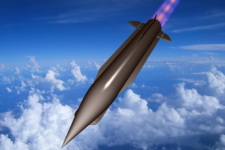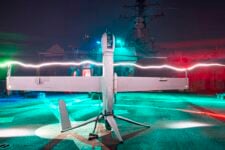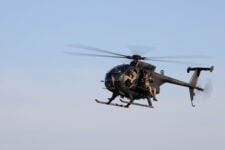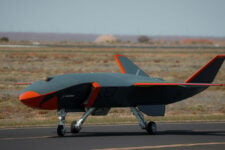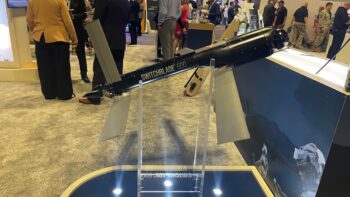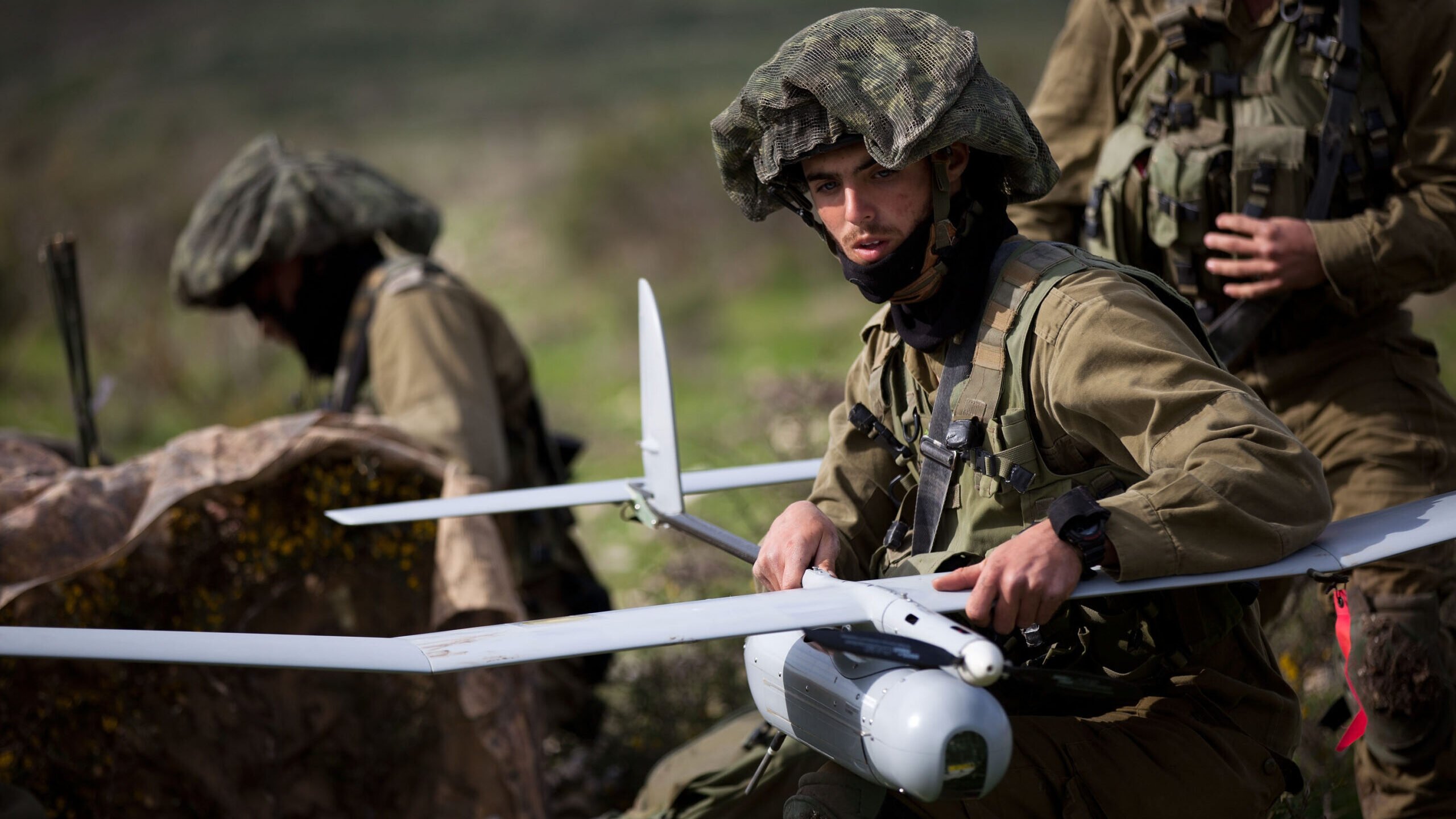
Israeli soldiers get ready to launch the Skylark drone during a drill on January 16, 2012 near Bat Shlomo, Israel. (Photo by Uriel Sinai/Getty Images)
TEL AVIV: The long-simmering “shadow war” between Israel and Iran appears to have boiled over in recent days in the form an unprecedented missile strike, a widespread cyberattack and a purported nuclear sabotage plot.
The developments could be a precursor to an intensified, if still largely opaque, conflict between the two Middle Eastern nations should a new Iran nuclear deal between Tehran and the West be signed, according to Middle Eastern sources. Israel has vocally opposed the deal, arguing that sanctions relief will fund Iranian violence and it will leave Israel to stop Iran from obtaining a nuclear weapon.
“We know only a little about this war, but it is clear Israel is going to hit Iran in different places with as few as possible fingerprints,” one of the sources told Breaking Defense.
Similarly, last month Israeli Prime Minister Naftali Bennett said Israel was “organizing and preparing for the day after [the deal], in all dimensions, so that we can maintain the security of the citizens of Israel on our own.”
What exactly those actions are, and how Iran may retaliate, remain unclear, but the spate of dramatic incidents over the last few days could offer a glimpse of an asymmetric back-and-forth.
Over the weekend Iran took the drastic step of launching missiles from Iranian territory into Iraq, striking targets in Erbil that Iran claimed were linked to the Israeli government — an allegation the governor of Erbil denied. White House National Security Advisor Jake Sullivan said the missiles targeted a “civilian residence.”
That strike came days after Iran said Israel had killed two Revolutionary Guard members in a strike in Syria, after which Iran threatened revenge.
Hours after the missile strike in Erbil, Iran claimed on Monday it had busted up an Israeli spy ring that aimed to sabotage an Iranian nuclear facility.
Around the same time, websites for the government of Israel came under a widespread DDoS cyberattack — one that an Israeli cyber official later said was “routine… albeit one with significant volume.” No claim of responsibility was made, but Israeli cybersecurity experts suspect Tehran-backed hackers. (DDoS, or Distributed Denial of Service, attacks are relatively unsophisticated attacks that attempt to flood servers with traffic to overload them.)
Former senior IDF official Amos Gilead told Breaking Defense he didn’t believe the recent, suspected Iranian actions were directly related to the nuclear deal, of which Iran is in favor, but rather were in retaliation for perceived Israeli operations.
Still, should the nuclear deal be signed, those Israeli operations are expected to broaden. Sources told Breaking Defense Israel is preparing a list of actions against Iran designed to slow what Israel sees as Tehran’s march towards a nuclear weapon. Proponents of the nuclear deal would disagree with the underlying assumption, and say that the deal is designed specifically to keep Iran from acquiring a nuclear weapon anytime soon.
But should the shadow war expand, sources in the Middle East said that Israel is keeping an especially close eye on the potential for unmanned operations — both theirs and their adversary’s. According to a report in Lebanon’s Al-Miyadin, last month Israeli drones struck an Iranian facility that itself was a storage location for Iranian drones, hundreds of which were reportedly destroyed.
Israel has never admitted to operating armed drones, but foreign media and organizations have suggested otherwise. Britain’s Royal United Services Institute (RUSI), for instance, says Israel employs at least three types of drones that can be armed: the Heron TP, the Hermes 450 and the Hermes 900.
Last week Israel revealed that in 2021 two of the nation’s F-35s knocked a couple Iranian drones out of the sky — the first known air-to-air kills for the advanced fighters. In the same briefing, Israeli officials said the Iran’s drone industry is huge and diverse in the types of drones being produced, some based on the reverse engineering of Western UAV’s that fell into Tehran’s hands, and others of Iranian design.
It’s possible Iran’s unmanned capability came up on Monday and Tuesday this week, when Israel’s defense intelligence chief Maj. Gen. Aharon Haliva and IDF Deputy Chief of the General Staff Maj. Gen. Herzi Halevi met separately with US officials at the Pentagon. According to a brief US Defense Department read out, Halevi’s meeting was about a “range of issues related to shared objectives for a stable, secure Middle East region, to include discussions on coordinated policy for continued actions to push back on Iran’s aggression and destabilizing activities in the Middle East.”
Army wraps up FLRAA PDR, incorporating special ops design changes
According to a SOCOM official, the Army included feedback from the command that led to design changes like hardware for a refueling probe and features that will enable special operators to make unique modifications.

